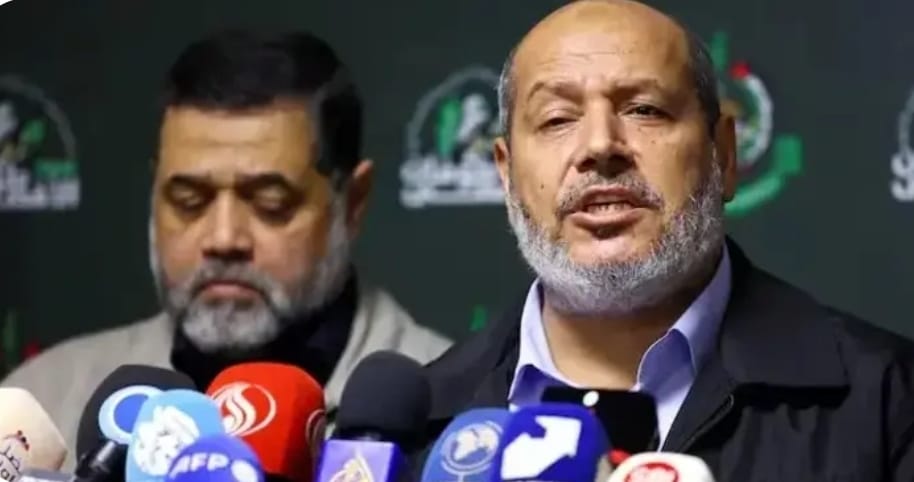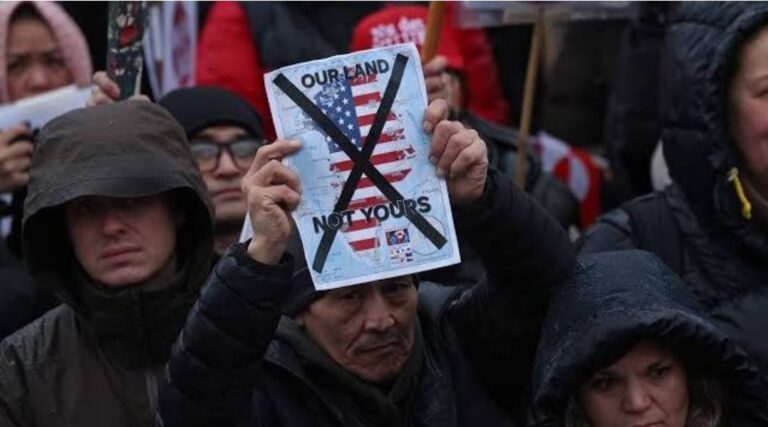
Has Hamas Opened the Door to a New Prisoner Swap with Israel?
Is a New Hamas-Israel Prisoner Swap Deal Coming Soon?
The long-standing conflict between Hamas and Israel has taken a new turn. According to reliable sources, Hamas has handed over a list of Israeli and Palestinian prisoners to international mediators as part of an effort to reach a potential prisoner swap deal. This development has stirred renewed global attention and sparked speculation — is a new Hamas-Israel prisoner exchange about to happen?

Background: Hamas and Israel’s History of Prisoner Swaps
Over the years, Hamas-Israel prisoner swaps have played a pivotal role in easing tensions — if only temporarily — between the two sides. The most notable example remains the 2011 Gilad Shalit exchange, where over 1,000 Palestinian prisoners were freed in exchange for one captured Israeli soldier.
Since then, negotiations over prisoner exchanges have often stalled due to political divisions, military operations, and mutual distrust. However, the latest reports suggest that Hamas’ recent submission of a new prisoner list could revive diplomatic engagement between the two bitter rivals.
Details of the New Hamas Prisoner List
The new list submitted by Hamas reportedly includes the names of Israelis held in Gaza as well as Palestinian prisoners that Hamas seeks to have released from Israeli jails.
While neither Hamas nor Israeli officials have publicly disclosed the details, sources confirm that the list has been handed to mediators in Egypt and Qatar, both of which have a history of facilitating indirect negotiations between the two sides.
This step has raised cautious optimism about the possibility of a new Hamas-Israel prisoner swap agreement, though significant political and security challenges remain ahead.
Why the Swap Deal Matters Now
The timing of this development is critical. With growing international pressure on both sides to de-escalate tensions and address humanitarian crises, a prisoner exchange could serve as a small yet meaningful gesture of goodwill.
A successful swap deal could provide relief to families waiting for years to see their loved ones return home, while also helping to rebuild communication channels between the Israeli and Palestinian leaderships.
It may also play a role in improving the humanitarian situation in Gaza, where conditions remain dire due to blockades and periodic escalations of violence.
Role of International Mediators
Countries such as Egypt, Qatar, and Turkey are reportedly playing key roles in the ongoing backchannel discussions. Egypt, in particular, has a long-standing record of mediating ceasefires and prisoner exchanges between Hamas and Israel.
Diplomatic insiders reveal that Egyptian and Qatari officials are currently reviewing the lists, assessing possible terms for a mutual release framework that could satisfy both sides.
The United Nations and several Western nations are also watching the developments closely, viewing the move as a potential first step toward renewed Middle East peace talks.
Reactions from Both Sides
Reactions to Hamas’ announcement have been mixed and politically sensitive.
In Palestinian territories, many see the move as a strategic and humanitarian step, symbolizing resilience and leadership. Families of prisoners have expressed cautious hope that their relatives might soon be freed.
In Israel, however, opinions are divided. While many citizens support efforts to bring hostages home, some political figures warn that releasing prisoners could embolden militant groups. The Israeli government faces the difficult challenge of balancing national security concerns with humanitarian expectations.
Despite these differences, analysts believe the submission of the list itself marks a critical step forward in a region where communication channels are often frozen by hostility.
Possible Outcomes and Future Prospects
If the Hamas-Israel swap talks gain traction, the next stage could involve detailed negotiations on who will be exchanged, under what conditions, and in what timeline.
Even if a full-scale deal is not reached immediately, a smaller partial exchange might still take place, helping reduce tensions and paving the way for broader discussions.
However, if the talks collapse, it could further deepen mistrust and lead to renewed violence. Observers say that success will depend heavily on the willingness of both sides to make humanitarian compromises and adhere to international mediation efforts.
Conclusion
The possibility of a new Hamas-Israel prisoner swap deal offers a rare moment of hope amid a long and painful conflict. By submitting a list of names, Hamas has reopened diplomatic channels that have remained silent for years.
Whether this leads to an actual exchange or fades into another stalled negotiation remains to be seen. Still, this move has reminded the world that even in times of tension, dialogue and diplomacy remain possible.





